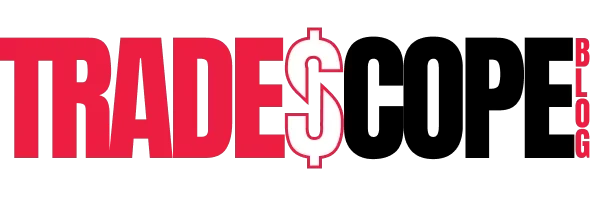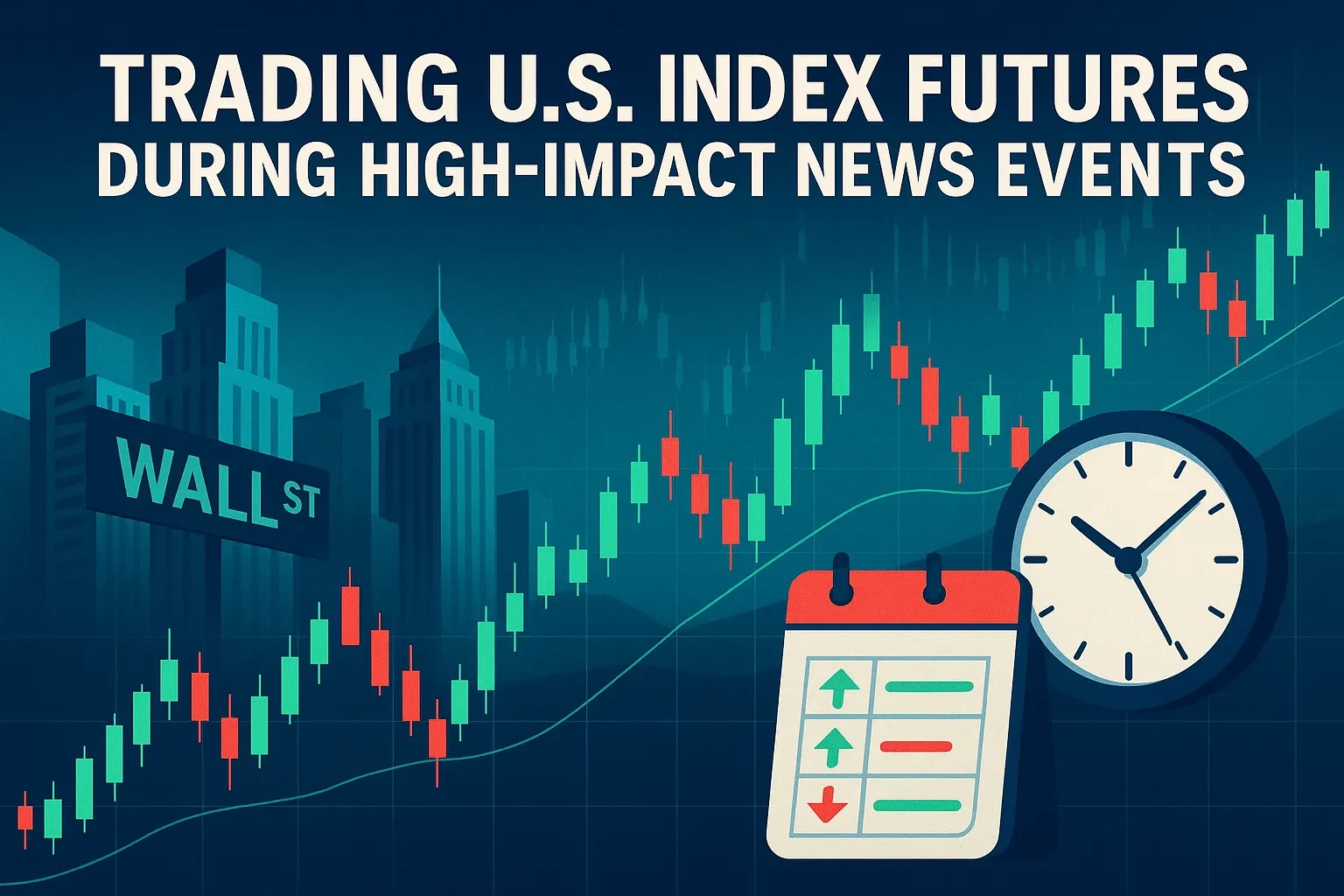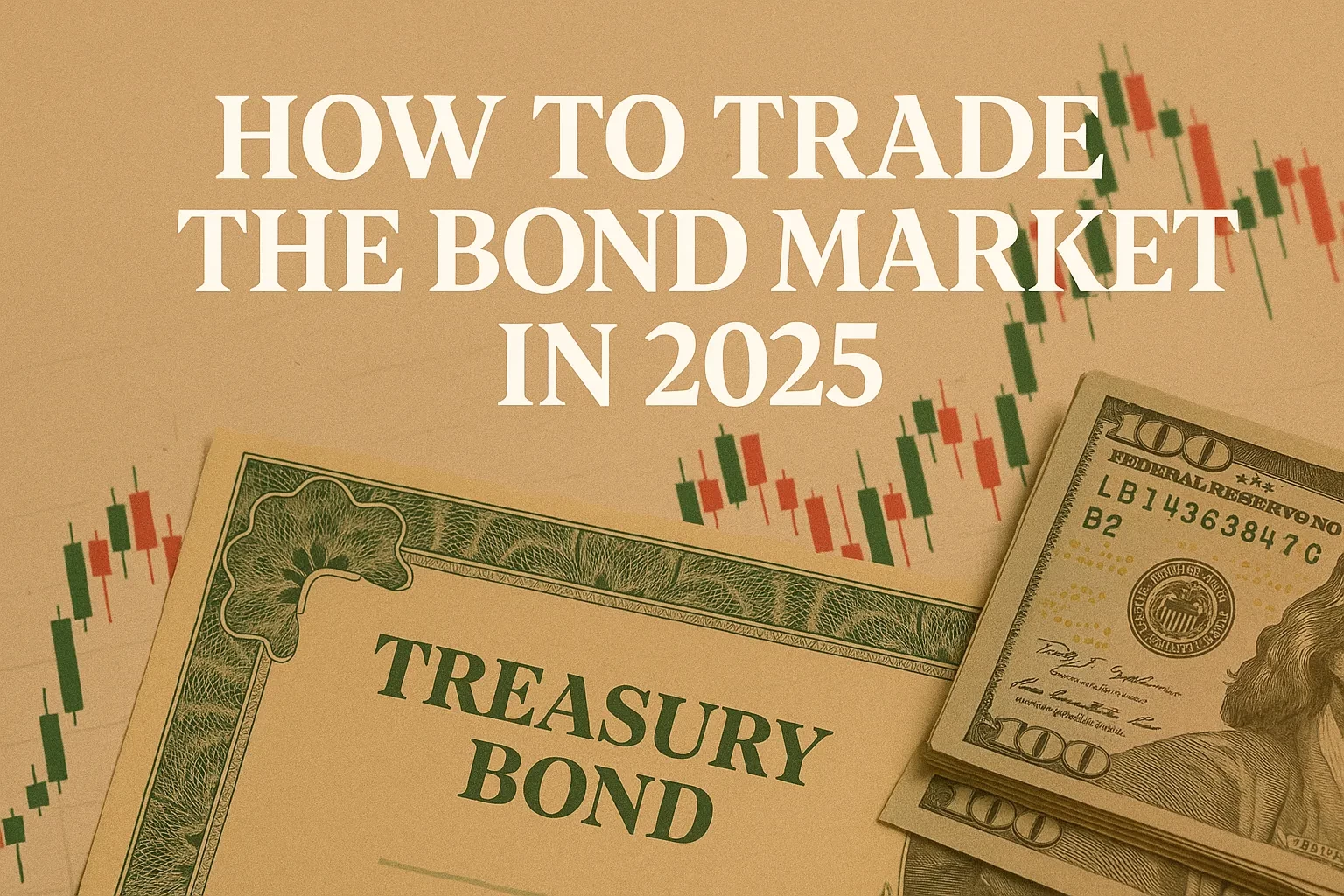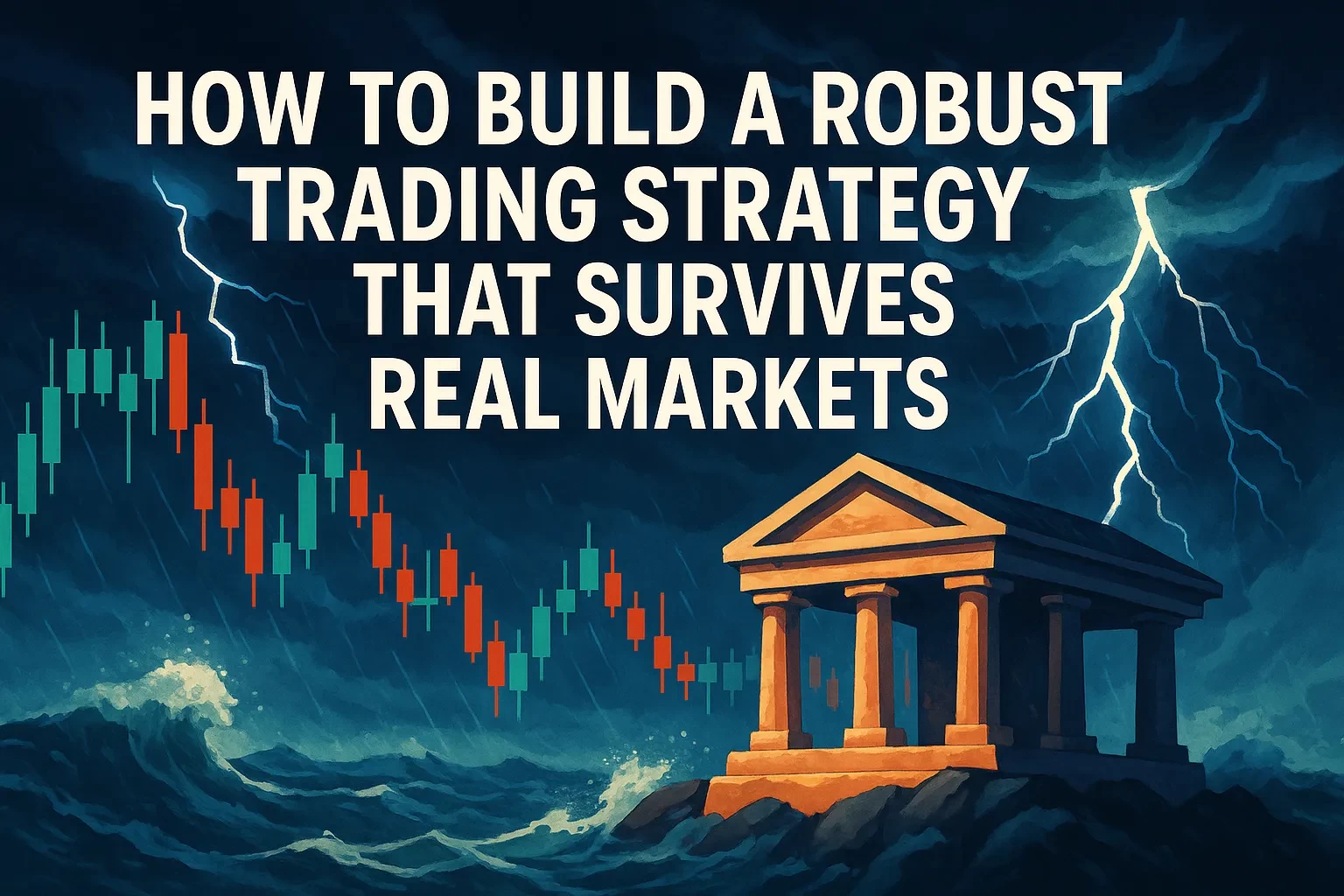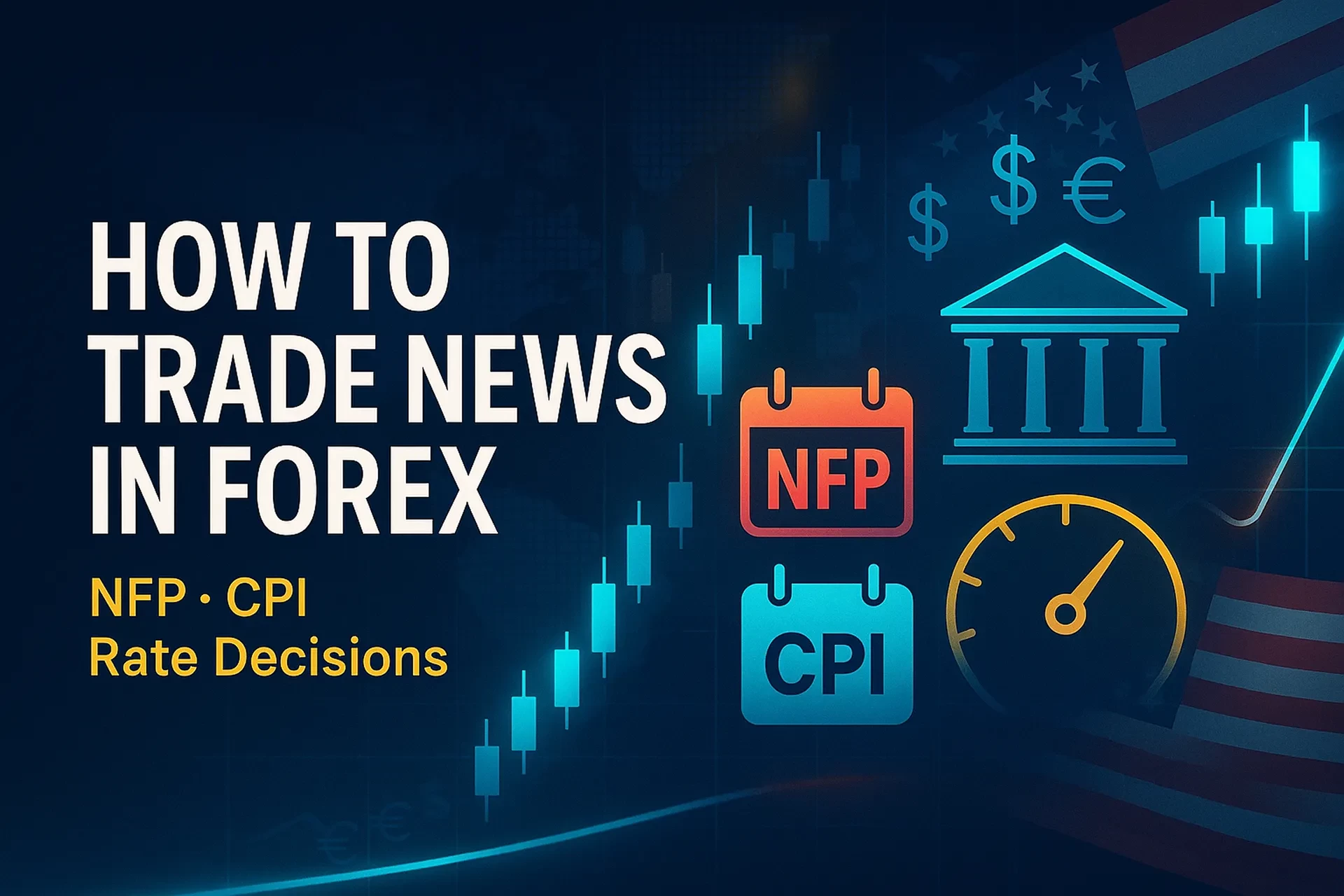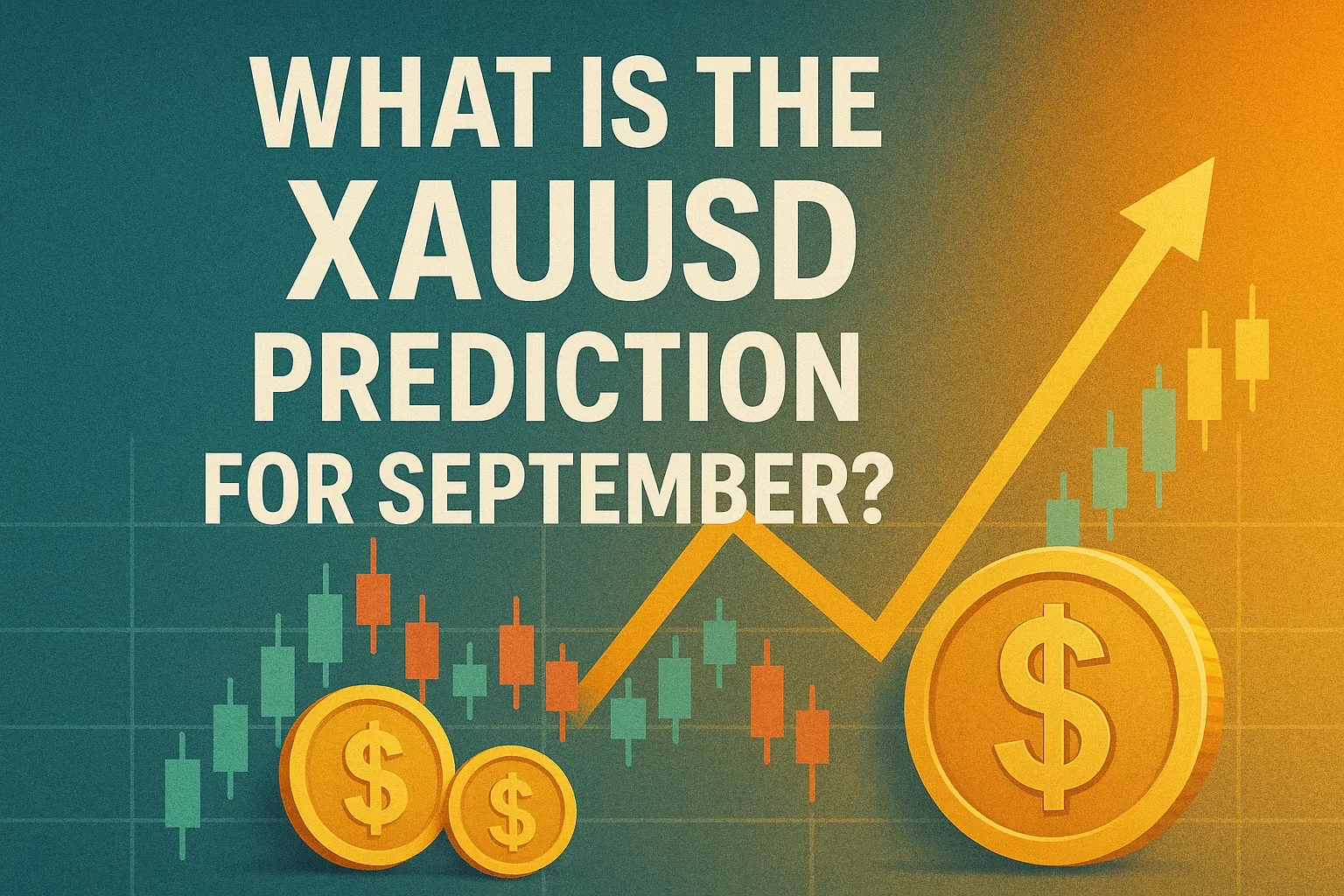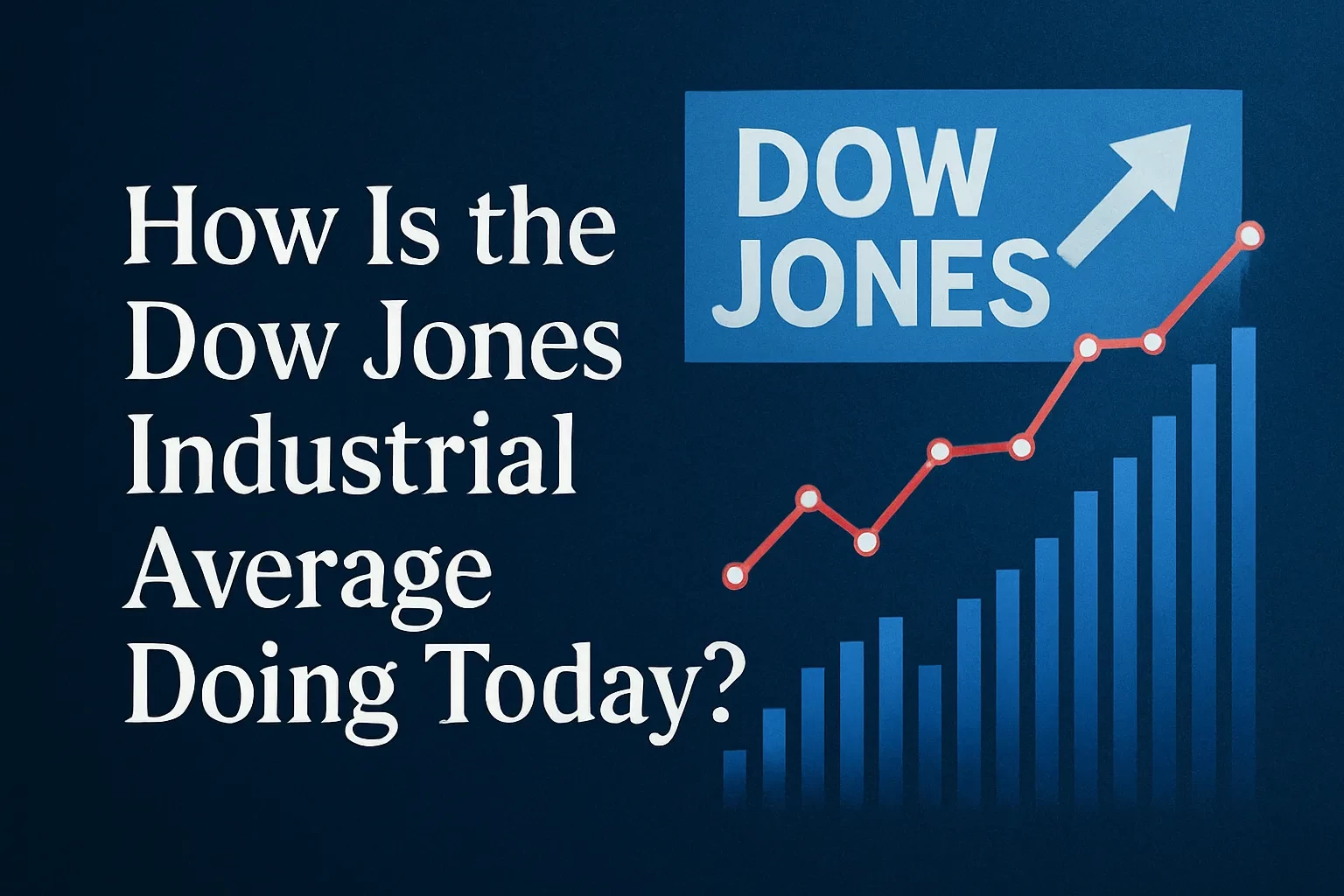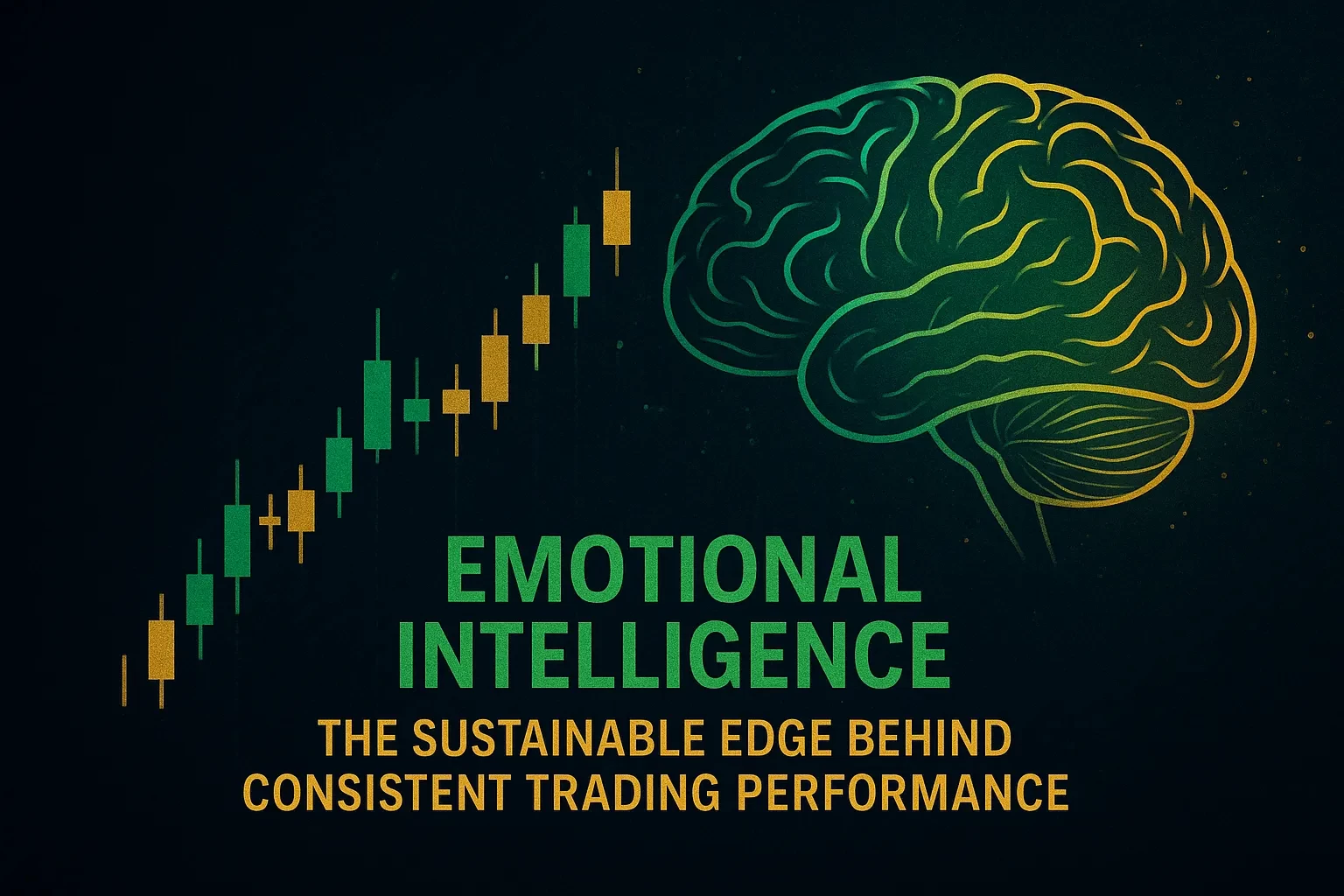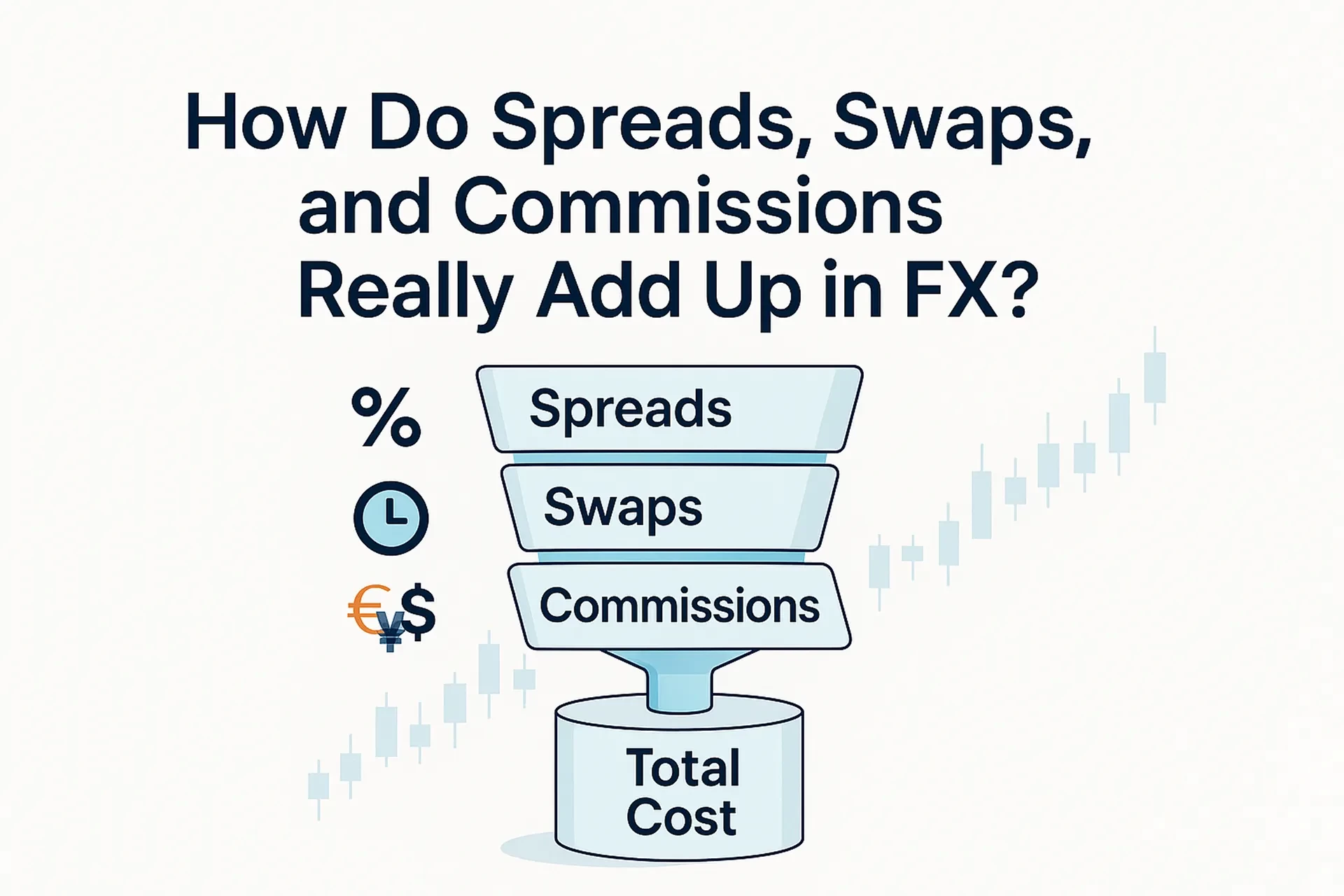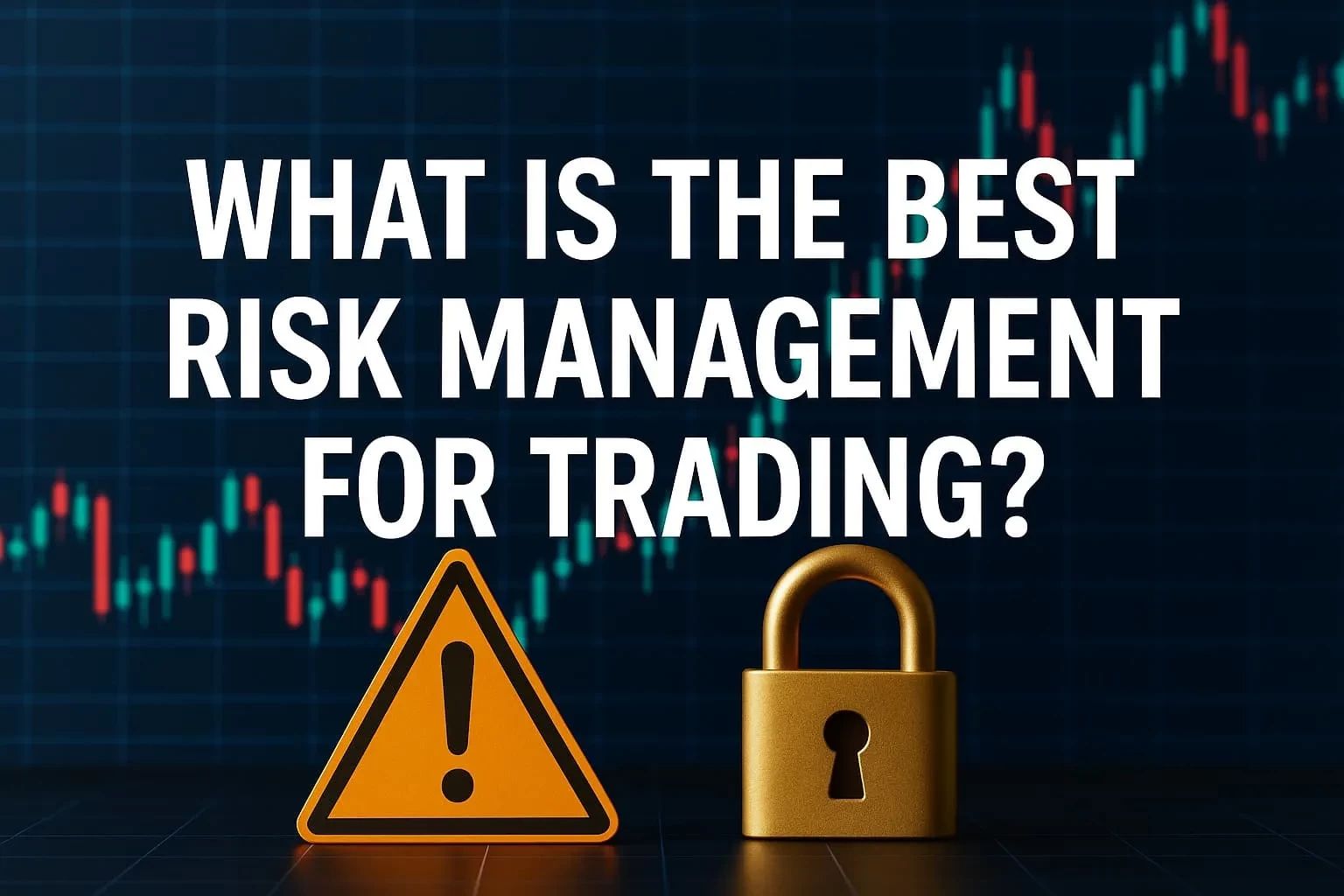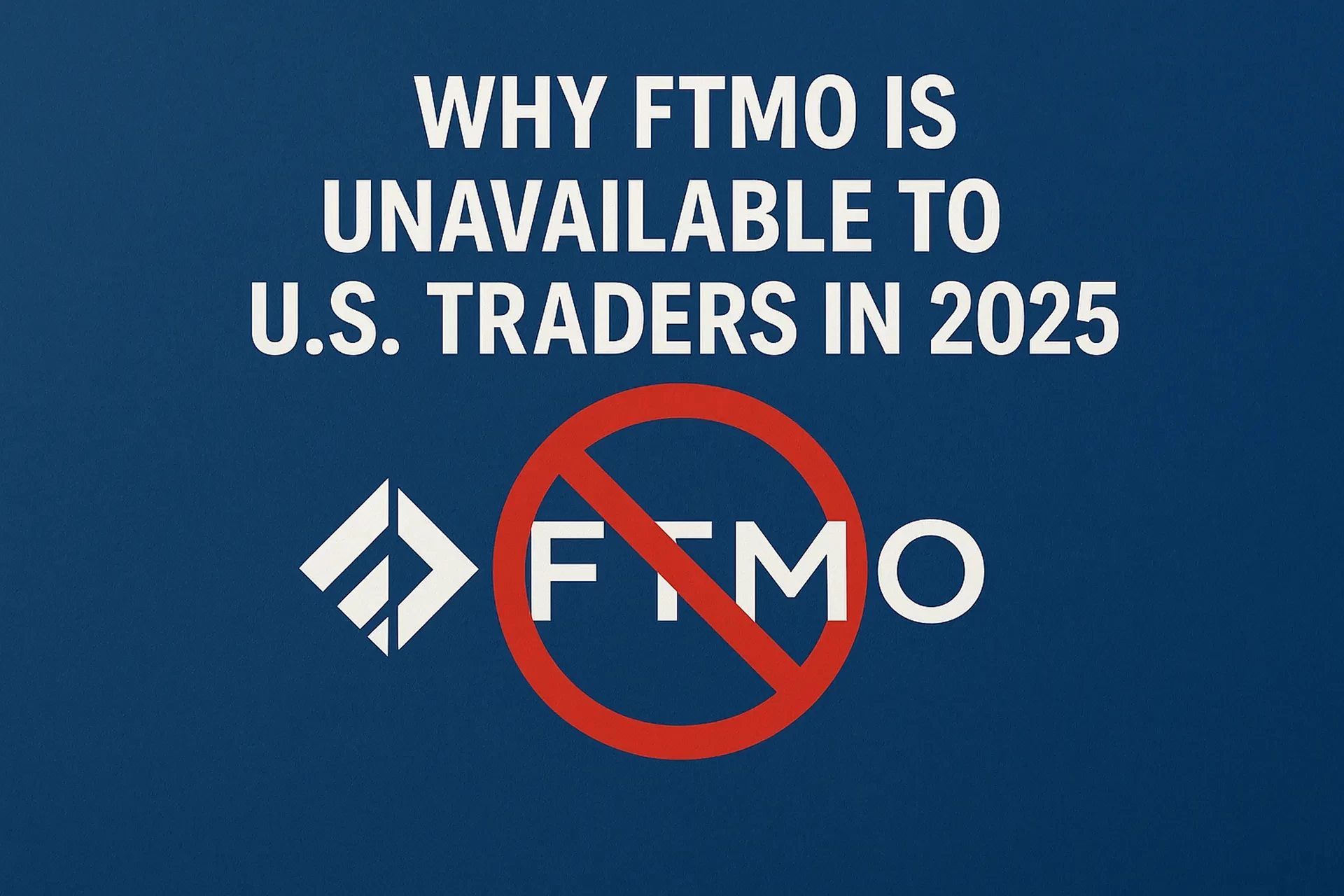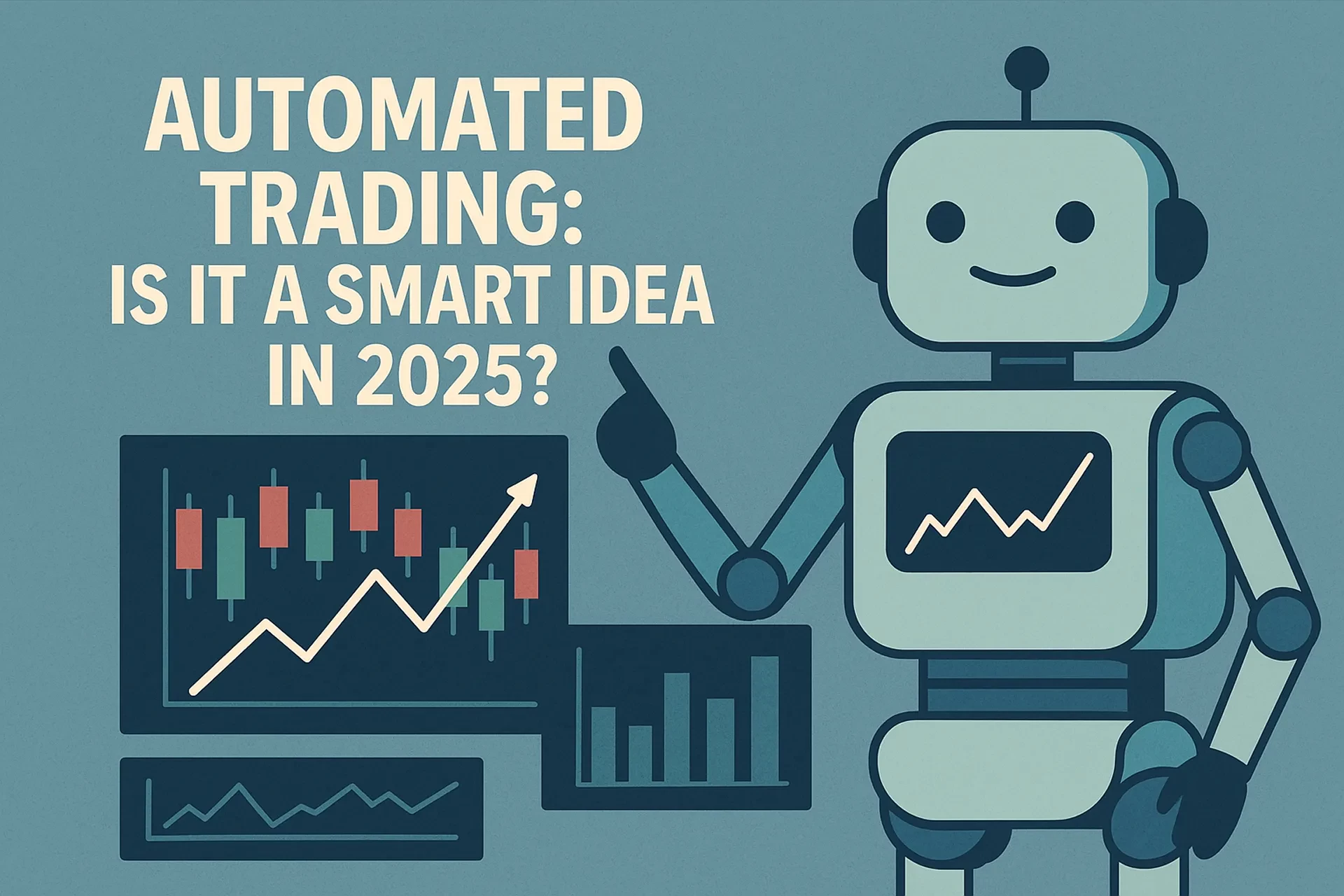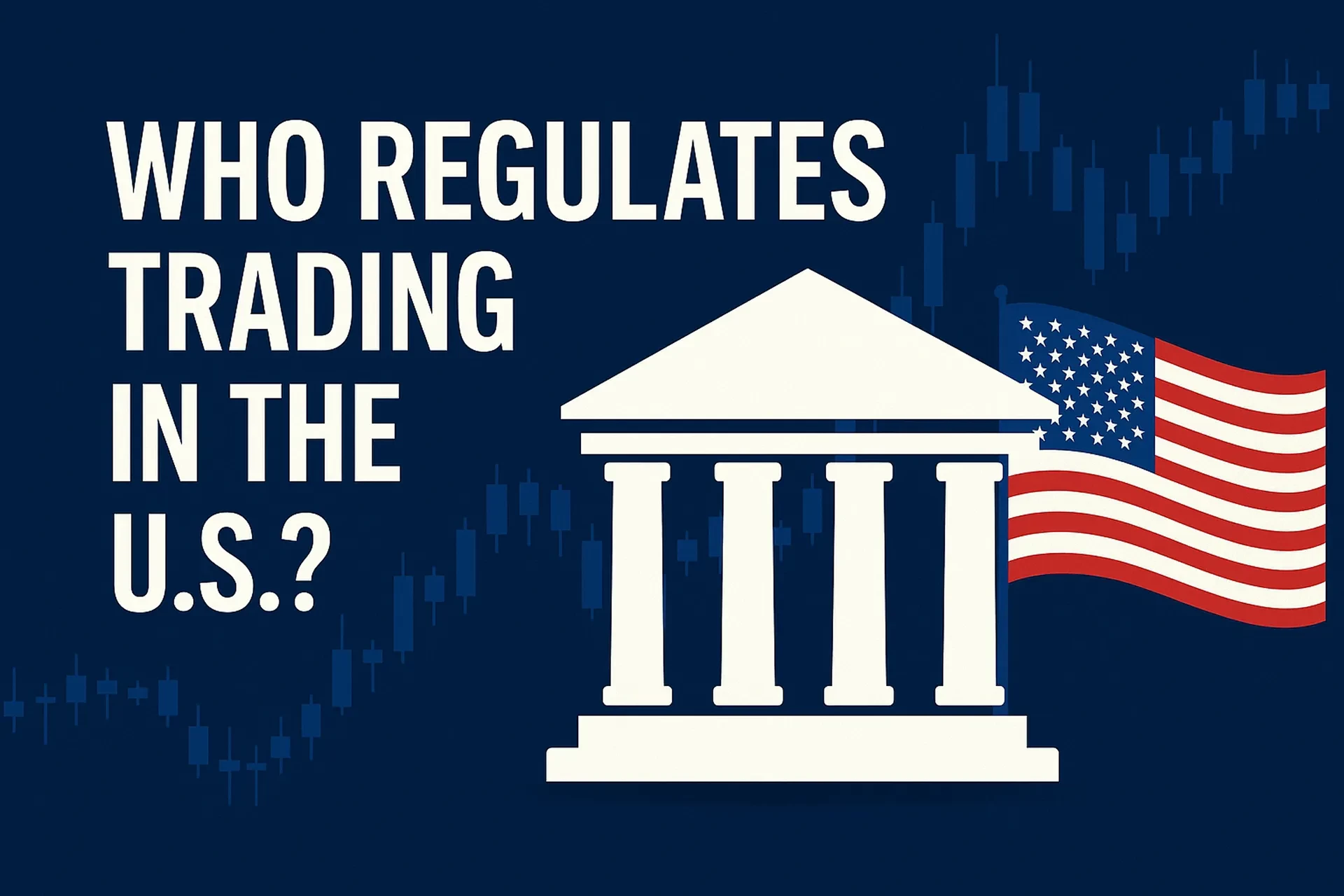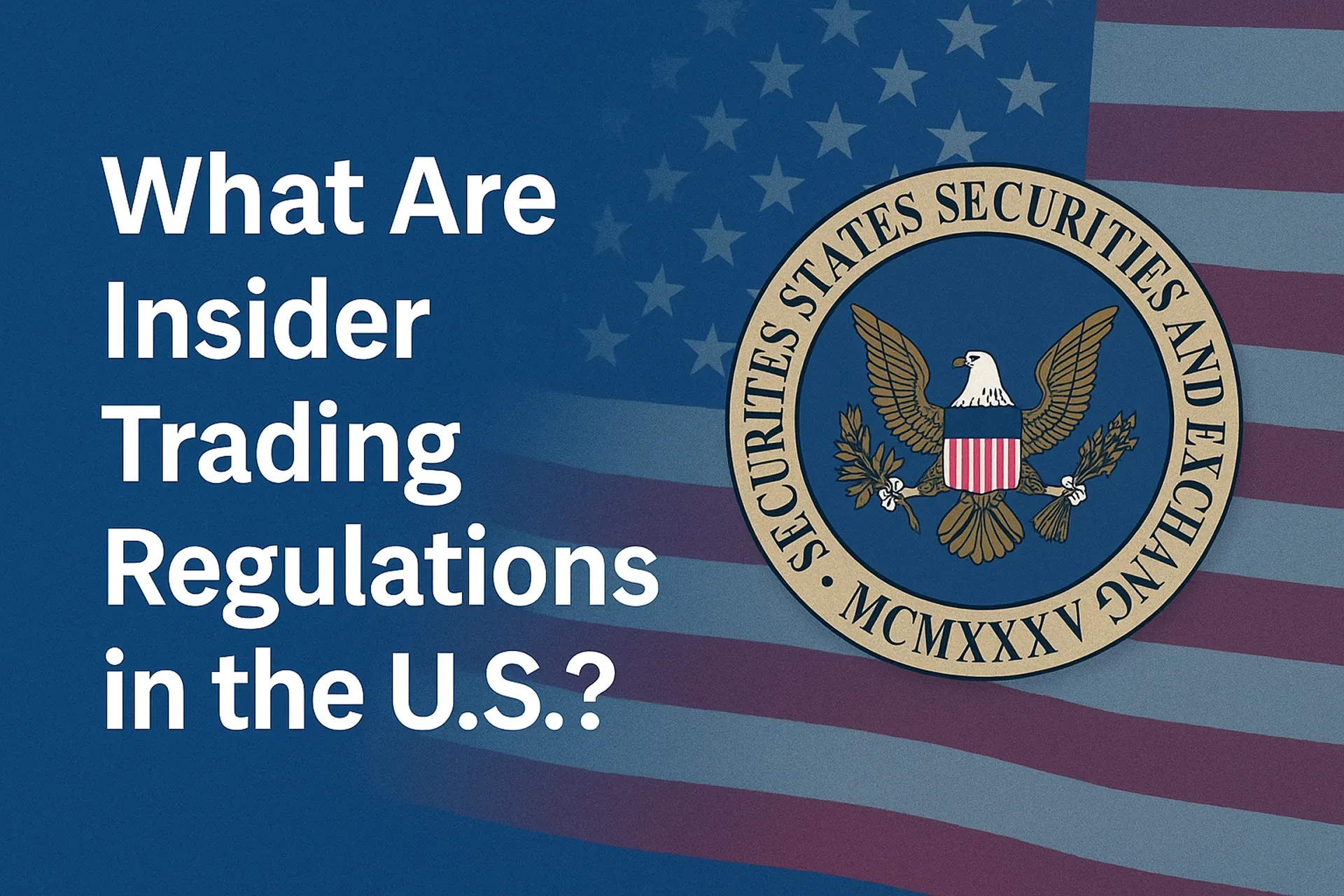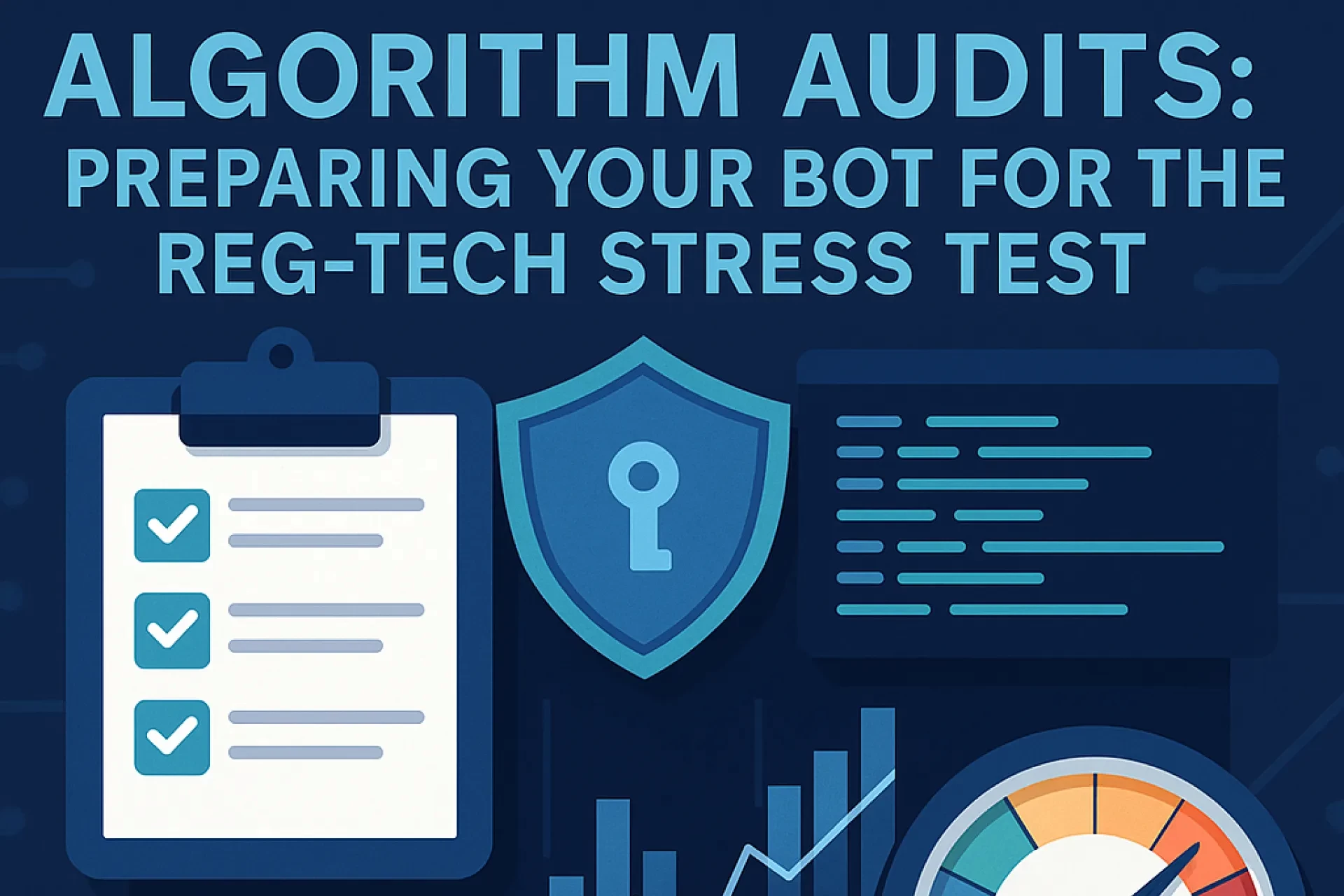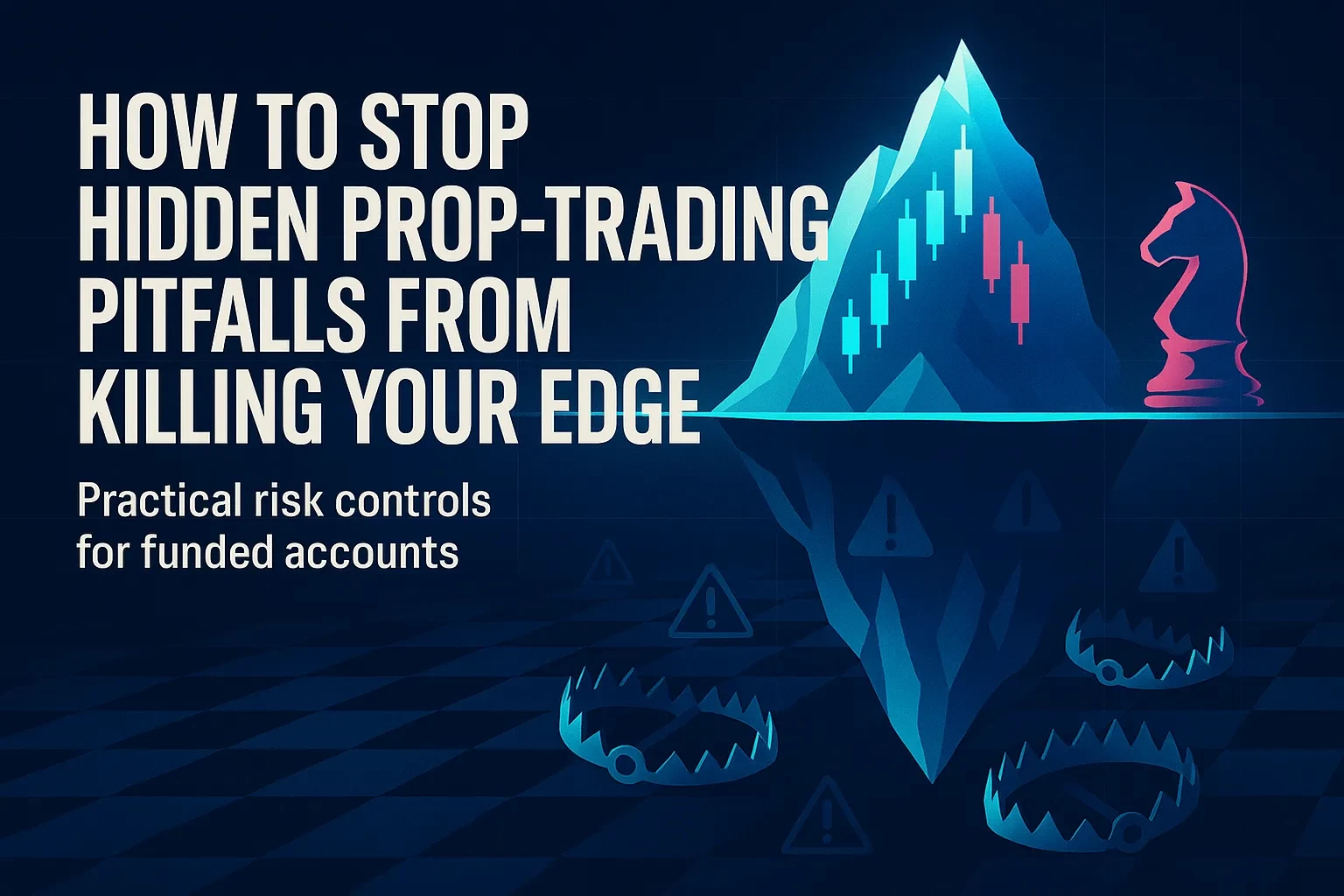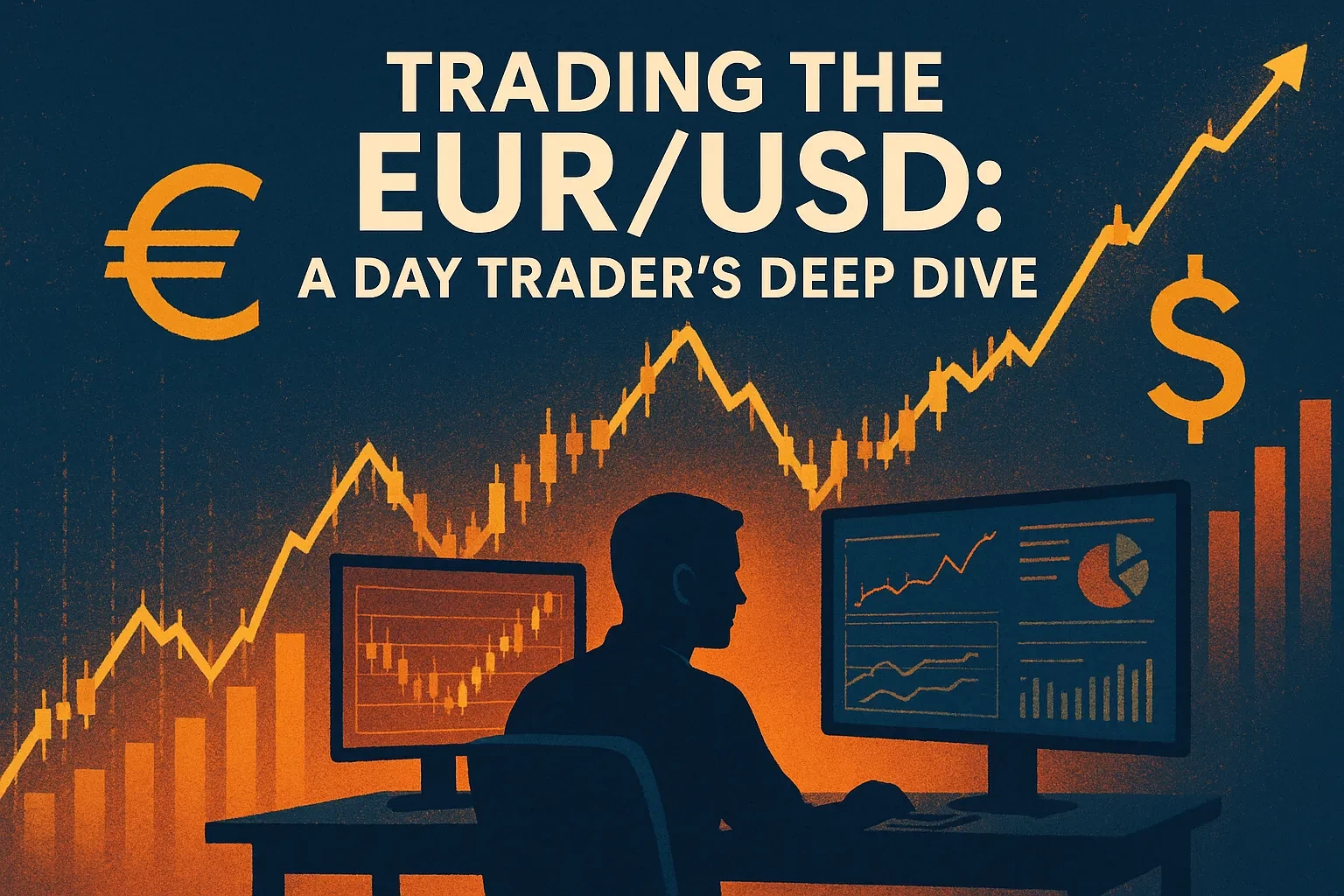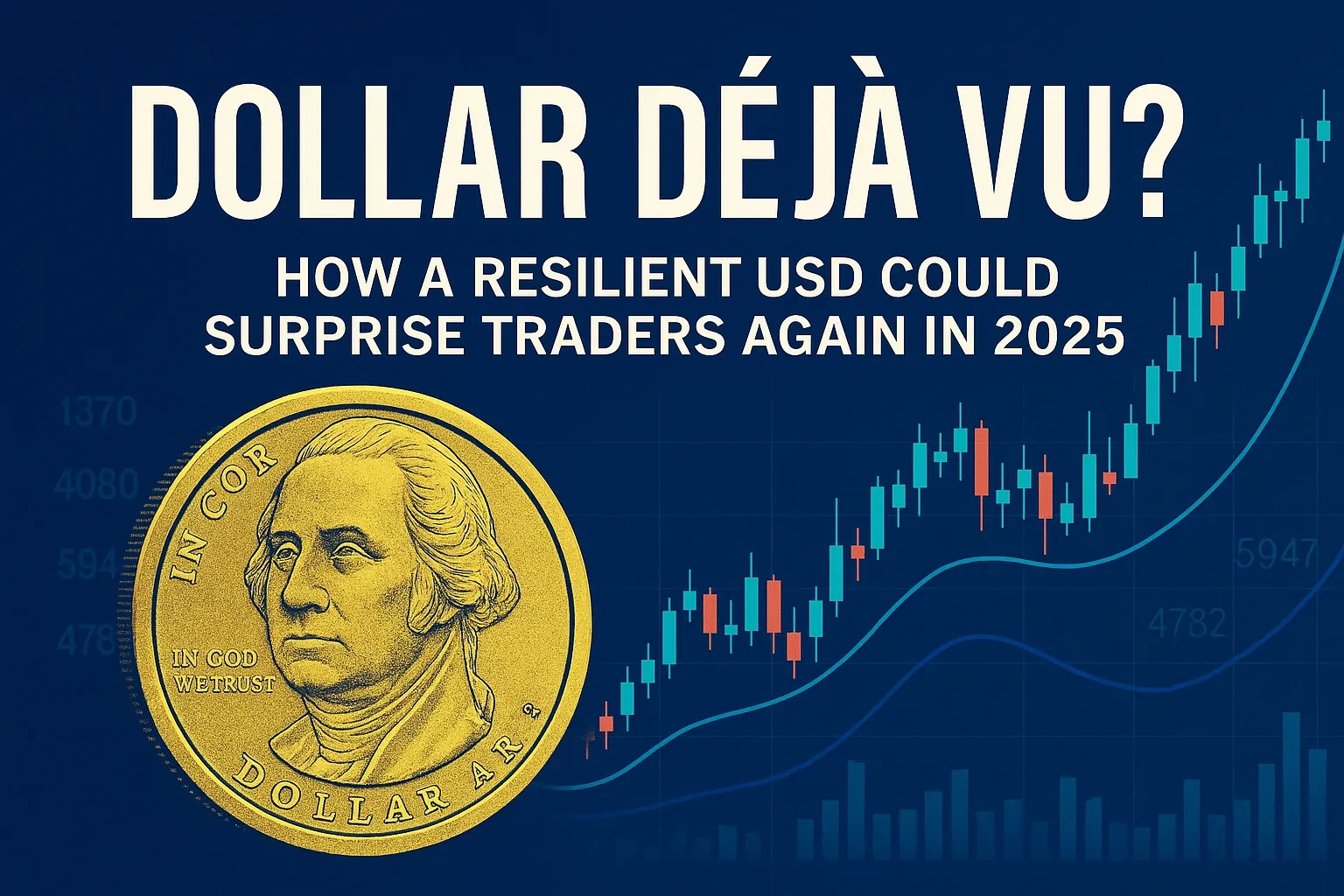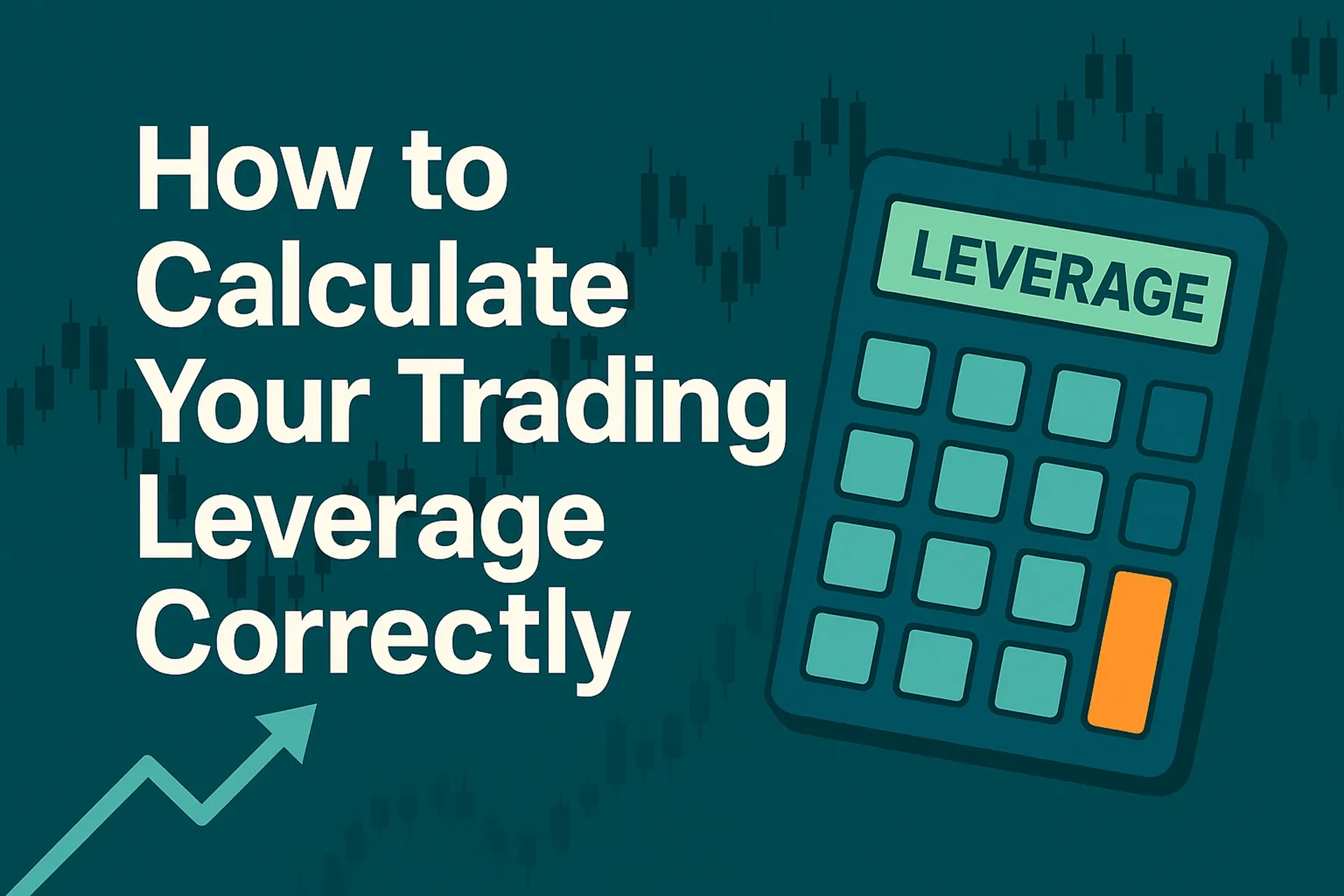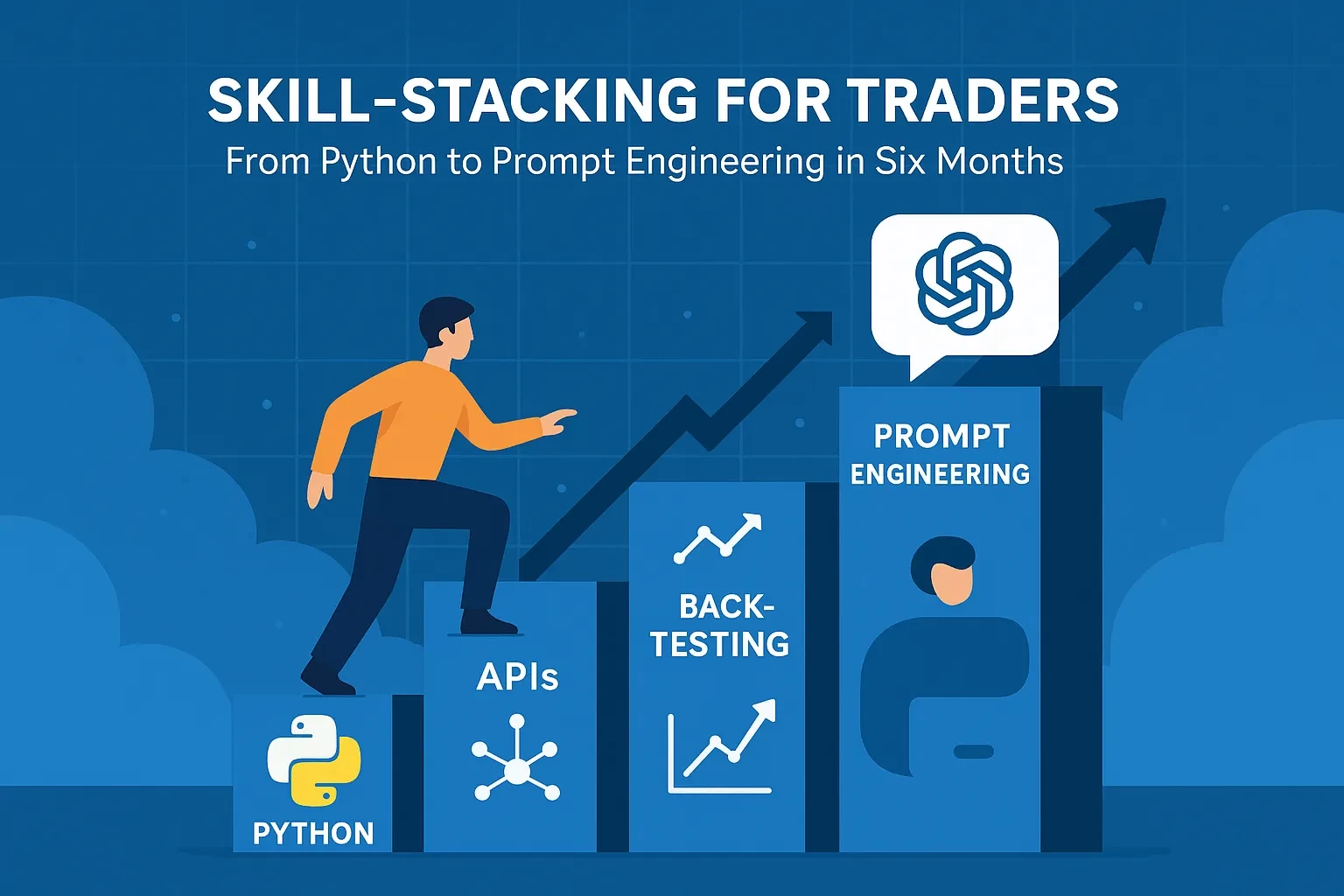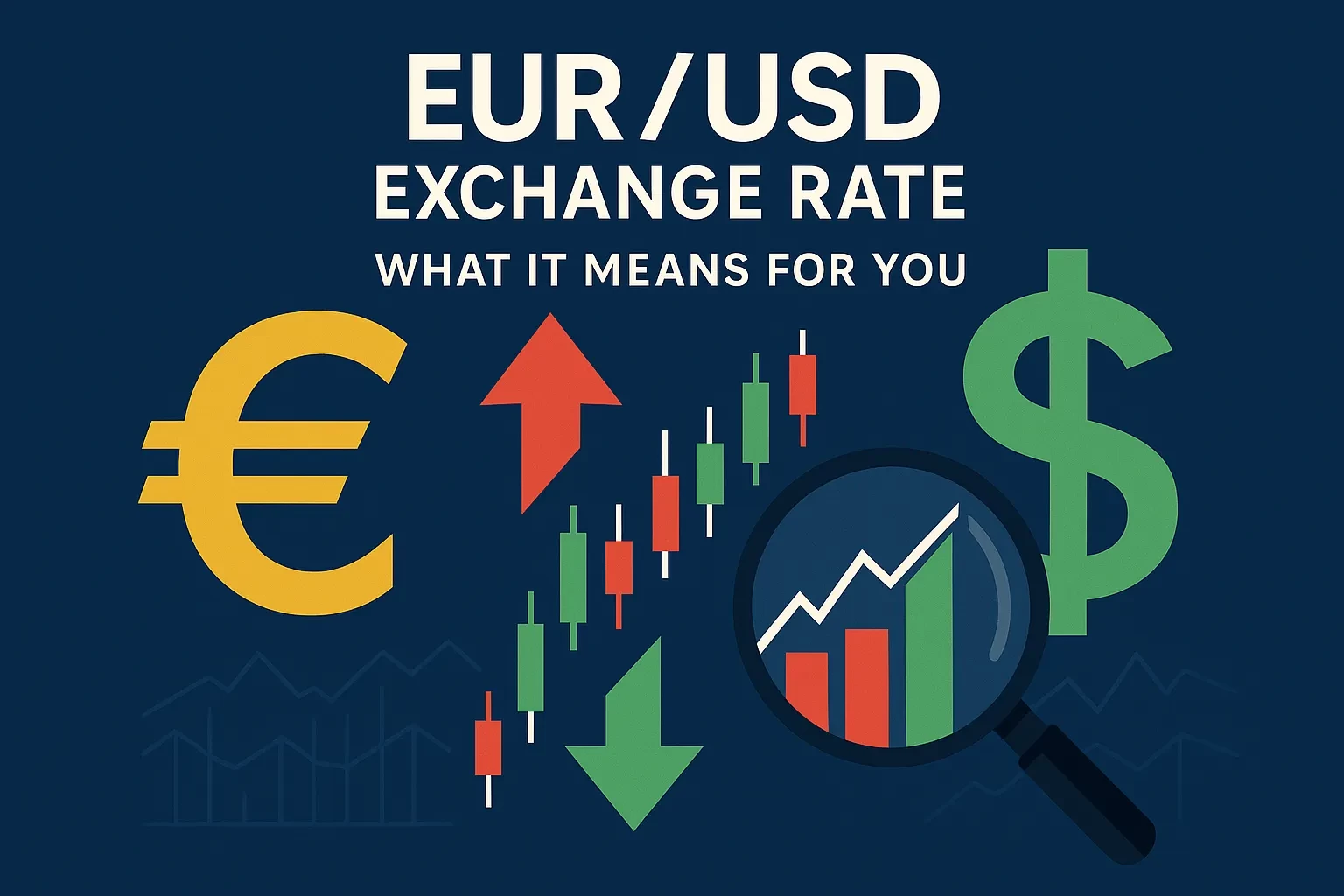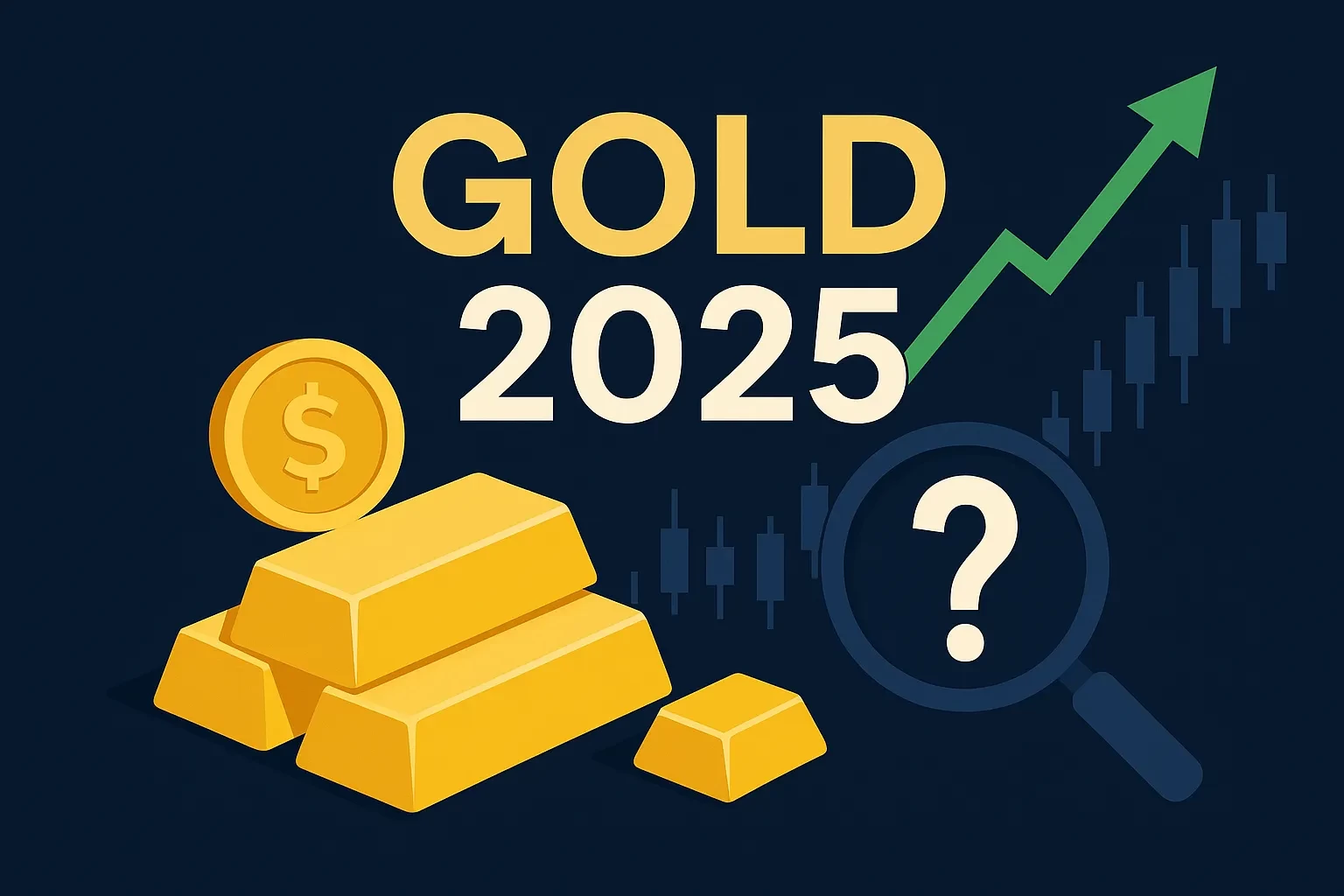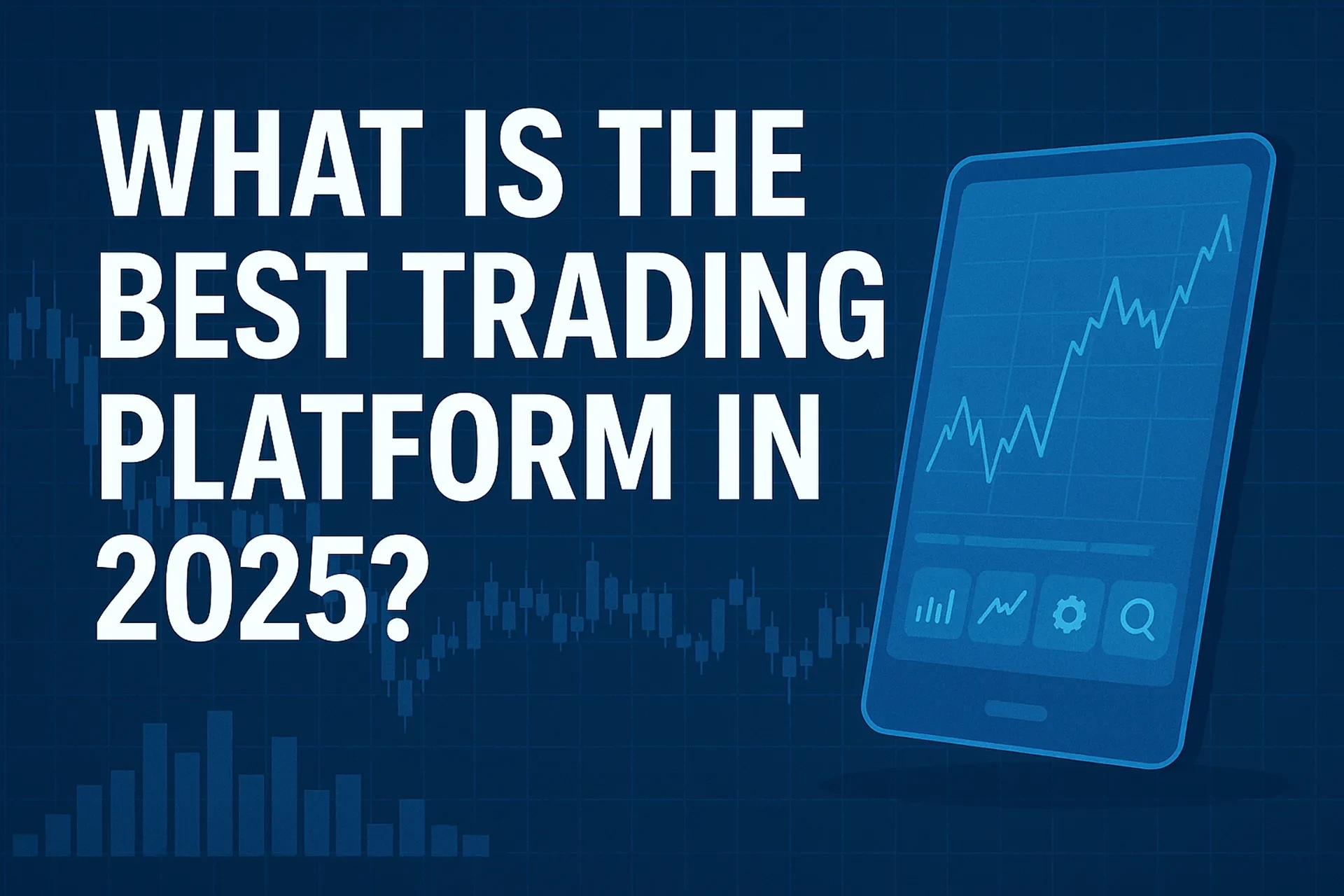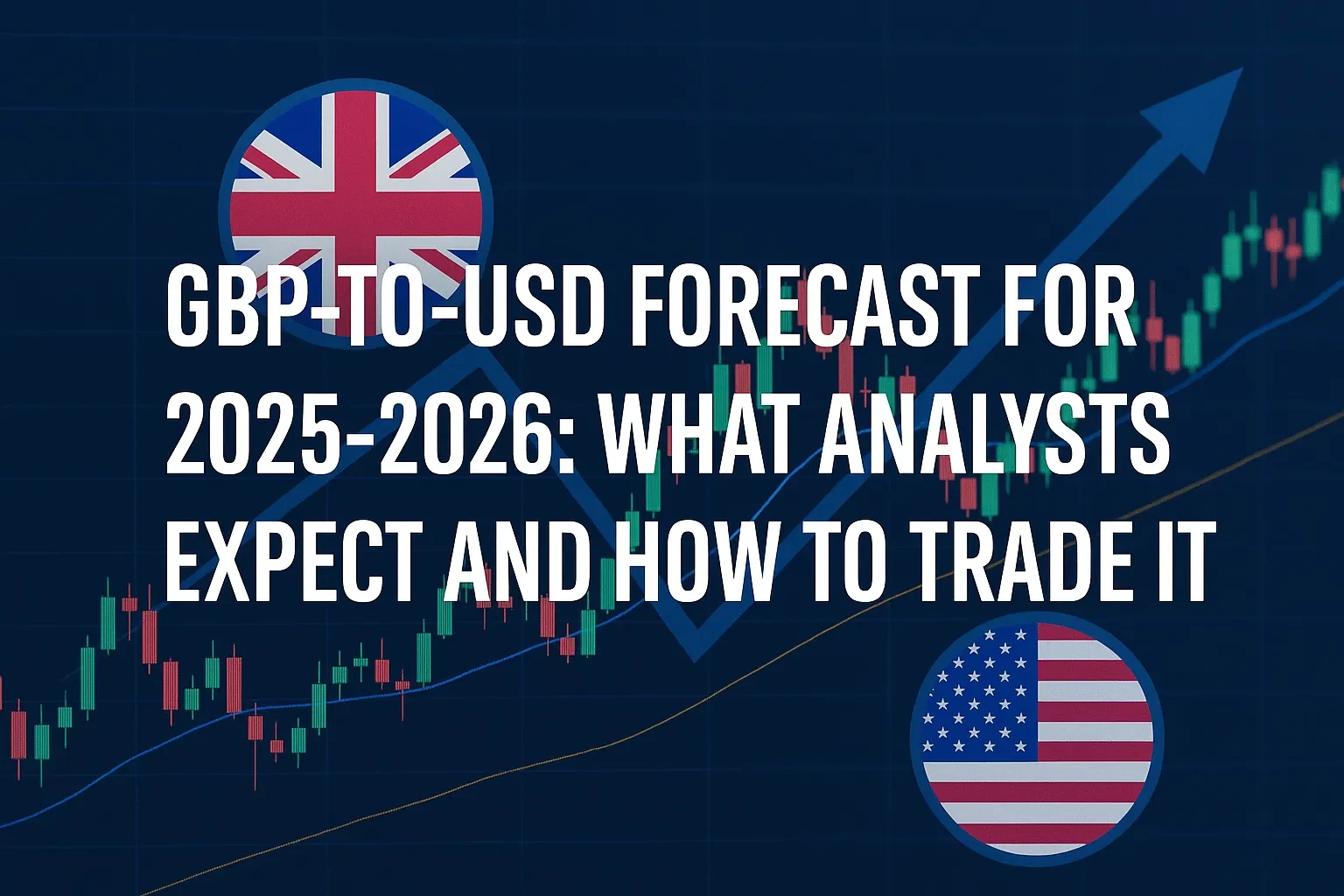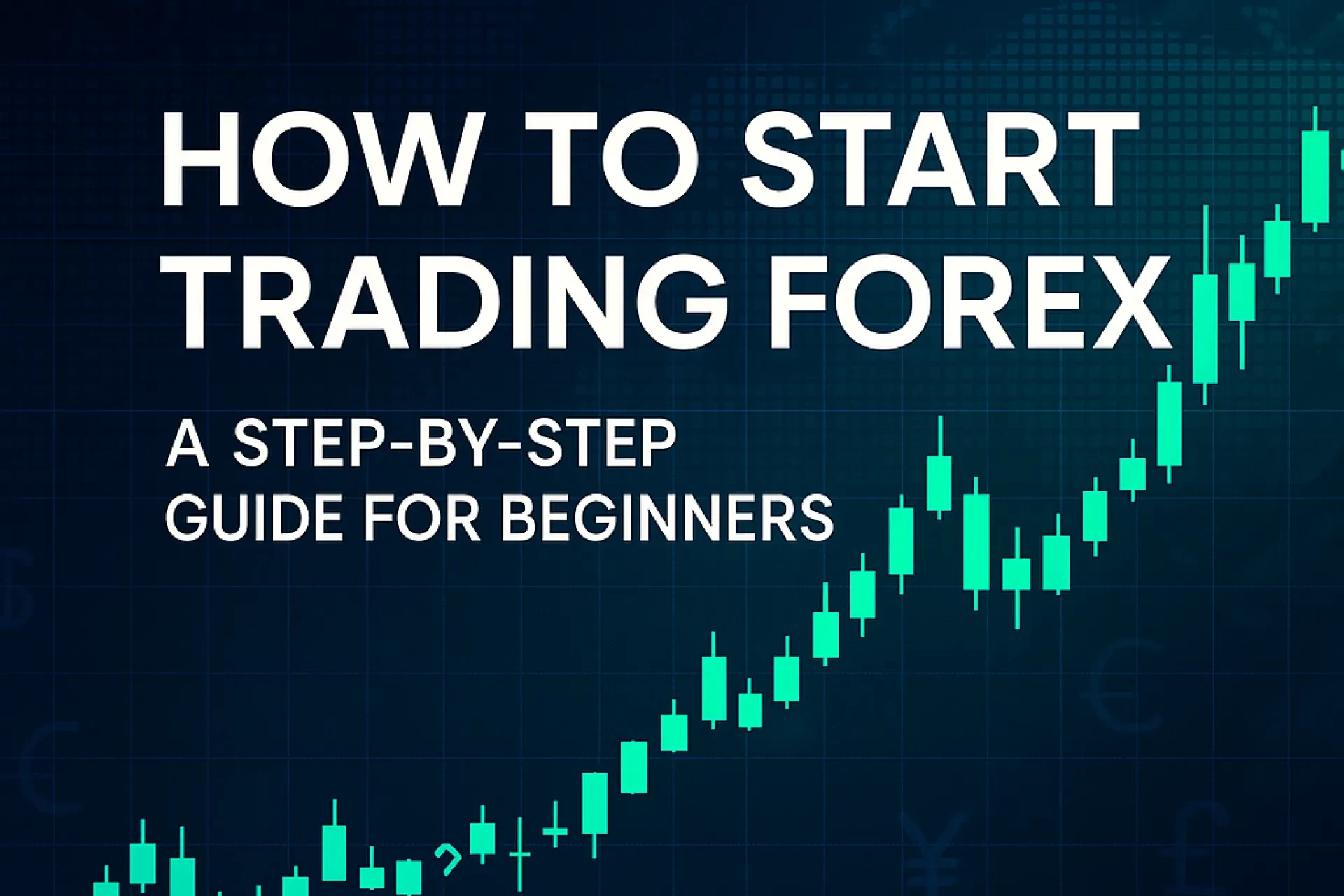Answer up front: There’s no single mandatory degree to become a trader in the U.S., but you’ll need (1) market literacy, (2) the right licenses for what you trade and how you serve clients, and (3) a repeatable risk process. For securities roles (e.g., a broker-dealer desk), that typically means SIE + Series 7 (and often Series 63/65/66). For futures/forex roles, firms usually require the NFA’s Series 3 and, for swaps activity, completion of NFA Swaps Proficiency Requirements. Retail day traders don’t need licenses, but they must follow margin and “pattern day trader” rules.
Disclosure: If this article links to books, courses, or tools, we may earn a commission at no extra cost to you. We only reference reputable resources that add learning value.
Table of Contents
Why this matters now
Markets in 2024–2025 are fast, data-dense, and highly regulated. Algorithmic volatility, tighter funding costs, and more active enforcement have raised the bar for competence and compliance. Whether you aim to day trade your own account, trade for a proprietary firm, or join an institutional desk, your “education” is broader than a diploma. It’s a combination of core knowledge, exams where needed, supervised practice, and controls that keep losses survivable. Regulators—from the SEC and FINRA (securities) to the CFTC/NFA (futures/forex)—expect you to understand risks, disclosures, and margin. Get these pieces right and you’ll shorten your ramp-up, avoid preventable mistakes, and be employable across market cycles.
A quick map of “trader” roles (and why education differs)
• Retail trader (your own money): No license required, but you must follow rules like Regulation T (initial margin) and pattern day trader (PDT) thresholds for frequent day trading in margin accounts.
• Proprietary trader (prop firm): Typically trades firm capital; licensing varies with the firm’s structure and instruments. Some roles require SIE/Series 7; others do not if you don’t handle customers or solicit orders.
• Broker-dealer desk trader (client-facing): Usually needs SIE + Series 7 and state law exams (Series 63/65/66). Sponsorship by a member firm is required for most top-off exams.
• Futures/Forex associated person (AP): Commonly needs Series 3 and firm sponsorship; retail off-exchange forex is restricted to RFED/FCM counterparties subject to CFTC/NFA rules.
• Swaps activity (at FCM/IB/CPO/CTA/SD): Must complete NFA Swaps Proficiency Requirements (online).
The TRADER-READY framework (original)
• Theory that transfers: microstructure, order types, liquidity, slippage.
• Regulatory literacy: know your rule set (SEC/FINRA vs CFTC/NFA).
• Account architecture: cash vs margin, futures vs securities, forex counterparties.
• Data discipline: journaling, hypothesis testing, and post-trade review.
• Exams (if applicable): SIE/Series 7/63/65/66, Series 3, Swaps Proficiency.
• Risk math: position sizing, drawdown limits, risk-of-ruin.
• Routines: pre-market plan, post-close debrief.
• Ethics: conflicts, suitability, best execution, advertising rules.
• Apprenticeship: paper trade → small size → scale process.
• Domain edge: specialize (e.g., energy futures, mid-cap momentum).
• Yield to evidence: adapt to regime data, not opinions.
Definitions & context (plain English)
• Margin (securities): A broker can lend up to 50% of a new equity purchase under Federal Reserve Regulation T; firms and FINRA may set stricter house/maintenance requirements.
• Pattern Day Trader (PDT): If you execute four or more day trades in five business days in a margin account and such trades are >6% of activity, you’re a PDT; you must maintain $25,000 equity and follow special margin rules.
• Associated Person (AP): An individual who solicits orders or customers for futures/forex at an NFA-member firm; typically must pass Series 3 (National Commodities Futures Exam).
• Investment Adviser Representative (IAR): Offers advice for a fee; most states require Series 65 (or Series 7 + 66 alternative).
Step-by-step: Pick the education path that matches your goal
1) If you plan to day trade your own securities account (no clients)
• Learn the rulebook you’ll live under. Read the SEC/FINRA basics on day trading risk and margin.
• Build a risk template (see the mini case below).
• Sim trade for 4–6 weeks; track win rate, average gain/loss, max adverse excursion.
• Fund appropriately. If you’ll be a PDT, plan around the $25,000 requirement; otherwise consider fewer than 4 day trades per 5 days or use a cash account with T+1/T+2 settlement constraints.
• Start small; scale on evidence (monthly metrics, not feelings).
2) If you want a broker-dealer desk role (clients/securities)
• Core knowledge: Study for the SIE (open to the public; no sponsorship required). Then get hired/sponsored to take Series 7; add 63/65/66 as your state requires.
• University prep: Many desks prefer finance/econ/math, but it’s not mandatory.
• Compliance culture: Know suitability vs fiduciary standards; memorize firm policies.
3) If you want to trade futures/forex professionally (customer-facing)
• Pass Series 3 (120 scored Qs; 70% required on each part).
• Register as an AP and complete fingerprints/background via your sponsoring firm’s NFA ORS.
• Forex note: U.S. retail off-exchange forex must face an RFED/FCM; other retail off-exchange futures/options are unlawful outside regulated exchanges.
4) If your role touches swaps
• Complete NFA Swaps Proficiency Requirements (online modules; mandatory for swap APs at FCMs/IBs/CPOs/CTAs and individuals at swap dealers).
One helpful table
| Trader capacity | Typical instruments | Licenses/exams often required | Who oversees it | Notes |
|---|---|---|---|---|
| Retail (own capital) | Stocks/ETFs/options | None required | SEC/FINRA rules apply to your broker | Must follow Reg T initial margin and PDT rules if day trading. |
| Broker-dealer desk | Securities/options | SIE + Series 7; plus 63/65/66 per state | SEC, FINRA, NASAA | Sponsorship needed for top-off exams. |
| Futures/forex AP | Futures, options on futures, retail forex | Series 3; NFA registration; Swaps modules if applicable | CFTC, NFA | Retail off-exchange forex must face RFED/FCM; strict advertising rules. |
Takeaway: “Education” = the right rulebook + the right exam for your seat, not a one-size-fits-all degree.
Mini case study: Turning risk math into an “education moment”
You have $30,000 and plan to day trade U.S. equities as a PDT. You cap risk at 1% of equity per trade and your average stop is 0.8% from entry.
• Dollar risk per trade: $30,000 × 1% = $300.
• Max shares per trade: $300 ÷ 0.008 = 37,500 shares? Not so fast—price matters.
• If the stock is $25, shares = $300 ÷ (0.008 × $25) = 1,500 shares.
• Notional size: 1,500 × $25 = $37,500. Under Reg T, initial margin lets you borrow up to 50% for new long equity purchases, so you’d need at least $18,750 in equity for that position (your account has $30,000, so it fits). The true constraint becomes your firm’s house margin and your own risk limit, not just Reg T.
Lesson: Licensing doesn’t teach sizing; your education must include position-sizing math you can execute under stress.
Pros, cons & risk management (concrete mitigations)
Pros
• High skill leverage; a repeatable edge compounds over time.
• Meritocratic hiring in prop/institutional roles if your P&L and risk stats sing.
• Transferable skills across asset classes.
Cons
• Income volatility and drawdowns.
• Regulatory complexity and supervised communications (if client-facing).
• Psychological load; risk of overtrading and tilt.
Mitigations
• Hard stops + soft stops: place electronic exits (hard) and a time-based review (soft).
• Max daily loss: 1.5–2× average win; stop for the day if hit.
• Monthly circuit breaker: if drawdown >8–10%, halve risk until two green weeks.
• Pre-trade checklist: catalyst, liquidity, thesis, invalidation level, size, route.
• Compliance buddy: in registered roles, run new comms and pitches past compliance.
Common mistakes & expert tips
Mistakes
• Skipping the rules. Many blow-ups trace to margin misunderstandings and PDT breaches. Start with the SEC/FINRA primers.
• License mismatch. Taking Series 7 when your futures role needs Series 3 (or vice versa). Read the official exam pages first.
• No review loop. Trading without journaling means you can’t isolate edge from luck.
Tips
• Paper trade with rules, not just clicks; simulate slippage and borrow fees.
• Specialize (open-drive equities, energy spreads, FX around policy days).
• Study authoritative sources first; supplement later with forums or prep providers.
• Design your day: news windows, “no-trade” zones, and dedicated review time.
U.S. regulators and rule sets you should actually read
• SEC Investor.gov on day trading risk and alerts—plain-English explanations and current investor bulletins.
• FINRA on SIE/Series 7 requirements and margin (including Reg T interactions and Rule 4210).
• CFTC/NFA on Series 3, AP registration, forex restrictions (RFED/FCM), and Swaps Proficiency.
• BLS/O*NET for career outlook and tasks in securities/commodities roles (updated 2024).
Building your curriculum: free + formal + exam-ready
Free/official (start here)
• SEC Investor.gov: Risk primers, alerts, and FAQs.
• FINRA exam pages: SIE, Series 7, 63/65/66 outlines and updates (note 2025 pretest-question reduction).
• NFA: Series 3 overview, AP registration steps, and swaps modules.
Formal academics (optional but helpful)
• Finance/econ/math degrees sharpen stats and valuation.
• University trading labs or student funds simulate desk workflow.
Professional designations (role-dependent)
• CFA Program (portfolio, research, ethics, derivatives basics) is rigorous and valued on many institutional desks. 2025 topic weights and curriculum details are public.
• CMT (technical analysis) or FRM (risk) can complement trading specialties.
Practical “first month” playbook (retail or prop hopeful)
• Pick one instrument + one setup. E.g., large-cap trend pullbacks or 2-year Treasury futures around data prints.
• Backtest 2–3 years of clean signals; record expectancy (avg win × win rate − avg loss × loss rate).
• Write rules (entry trigger, stop location, position sizing, max daily loss).
• Sim trade 20 sessions; if live, trade one-third size.
• Post-trade review daily → weekly → monthly; cut what doesn’t work.
• If licensing is required for your role, schedule the applicable exam within 60 days and lock a study cadence.
FAQ (People Also Ask)
Risk disclaimer (plain English)
Trading involves real risk of loss, including losses larger than your initial investment when using leverage. No strategy or credential can guarantee profits. Only trade money you can afford to lose, understand your broker’s margin rules, and seek professional advice where appropriate. (SEC/FINRA day-trading guidance emphasizes the high risks and the potential for rapid, substantial losses.)
Conclusion: Turn education into execution
Treat “education” as a system:
• Know your lane: securities vs futures/forex, client-facing vs proprietary.
• Pass the right exams (SIE/Series 7/63/65/66; Series 3; swaps modules) for your seat.
• Prototype safely: demo/backtest first; then go live with minimum size.
• Codify risk: fixed dollar risk, max daily loss, and a circuit breaker.
• Iterate: your edge is a living document—update it as regimes change.
Next steps
• Read: SEC and FINRA day-trading/margin pages (10 minutes each).
• Decide your path and book the relevant exam (if applicable).
• Build a one-page trade plan and journal template.
• Practice for 20 sessions, then review and refine.
